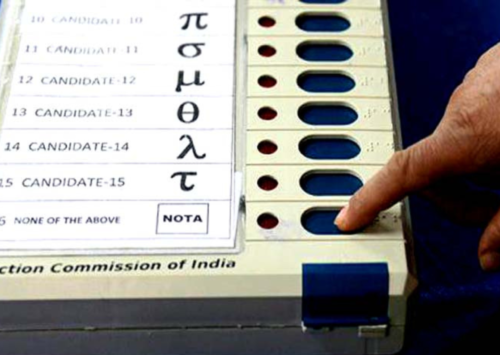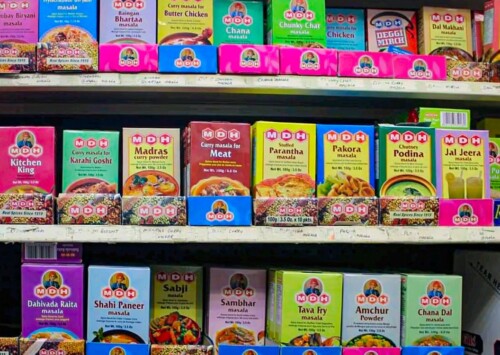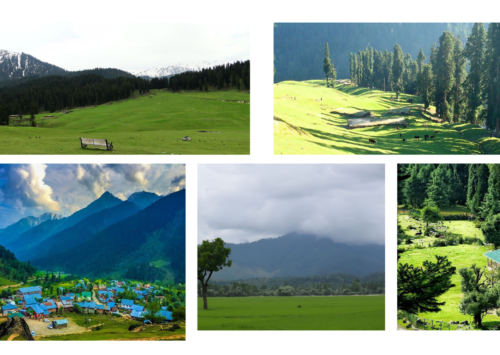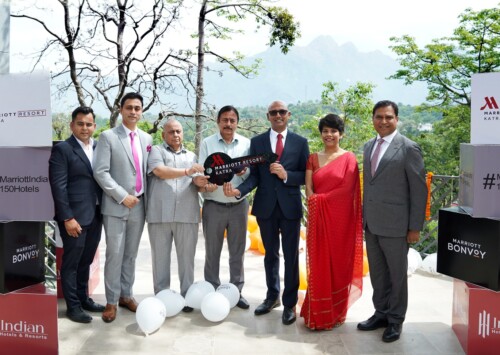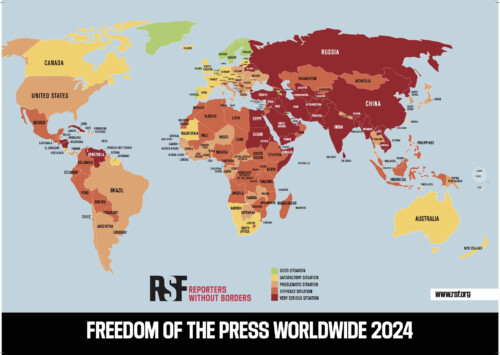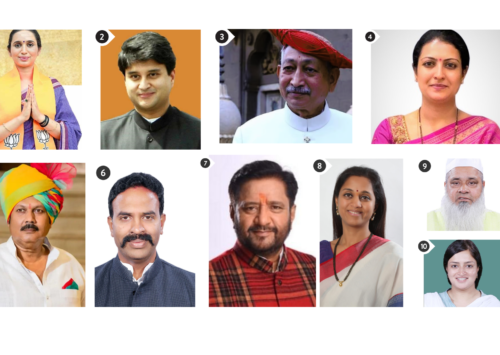No silver lining on economy’s dark clouds
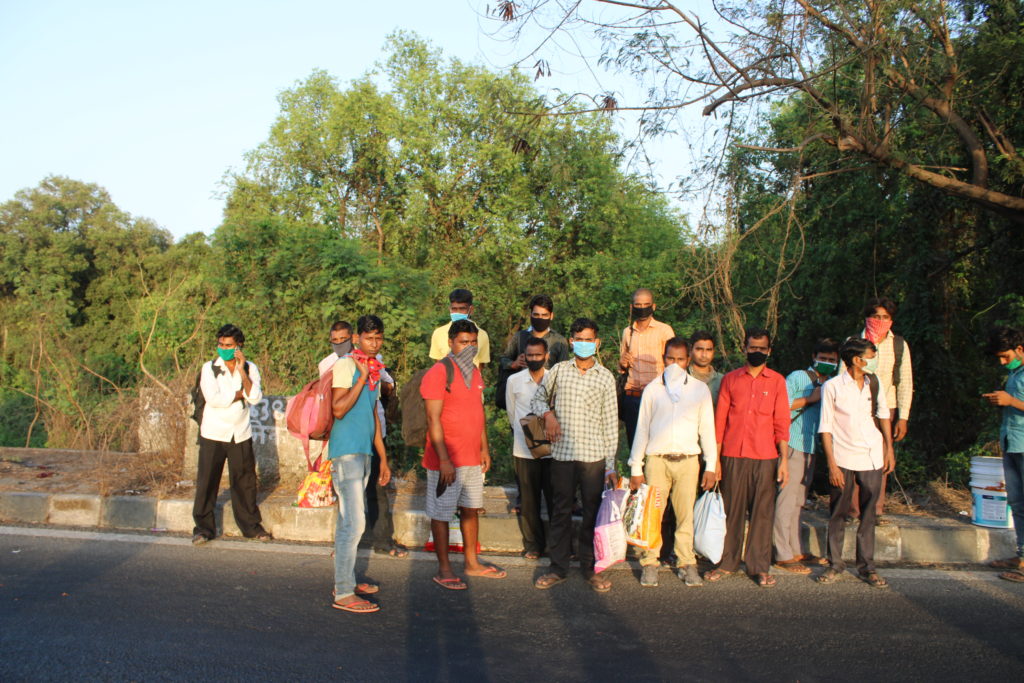
Millions of migrants were forced to walk back home during lockdown after they lost their jobs in metropolises in Mumbai (MIG Photos/Varsha Singh)
Despite various measures announced by the government, there is no sign of any revival in the Indian economy which has continued its sharp decline since March. Inflation is still rising, job losses spreading across sectors and the economy continuing to contract.
Trouble does not come alone. On August 13, the government said that Consumer Price Index or retail inflation had jumped to 6.93 pc in July 2020, continuing the trend of rising prices. Barely a few days later, Centre for Monitoring of Indian Economy, an economic research organisation, said that the rate of job losses in the formal economy had accelerated in July, with over 5 million jobs lost in the month. So far, a total of 19 million jobs have been lost in the organised sector since the lockdown was announced in late March.
CMIE went on to say that the situation would be far more serious in the informal economy which employs over 90 pc of the total workforce in the country. However, due to the unorganised structure of the informal economy, there is no reliable data about the employment numbers in this sector or the exact extent of the damage caused by the coronavirus pandemic.
The two economies are closely intertwined as the informal sector depends entirely on demand from the organised sector. Thus, any downward pressure on consumer spending or job losses in the formal economy has a cascading effect on the informal part of the economy.
What’s worrying economists is that even three months after the government announced an economic recovery package of INR 20 trillion, the economy had failed to respond to it and the slide continued. The extremely poor tax collections in the first quarter of this fiscal, as well as a particularly gloomy forecast of the economy, means that even later in the year, the tax collections are unlikely to rise significantly and hence leaving the government scrambling for liquidity.
And to add to troubles for the economy, Monsoons this year have been heavier than usual and caused havoc in various parts of the country, leading to extensive flooding and damaged crops. This is very likely to suppress the rural economy, which had just begun to recover from the impact of the pandemic, notably the three-month-long lockdown that ensued. In case this does happen, it could put Indian economy into a fast-moving downward spiral as rural economy is the only part of the economy which has seen some growth in the past two months and any negative impact here would suppress demand further and lead to more job losses which in turn would shrink consumer spending even more.
Faced with uncertainty on employment and economic front, consumers, both rural and urban, have cut their spending dramatically, spending only on essentials and opting for buffering up their savings. Moreover, consumer confidence is currently at its lowest level
Contracting economic activity, poor consumption and high inflation mean that the government has little room for manoeuvre left to pump in any additional funds. Moreover, with the inflation rising incessantly, there is little chance that the Reserve Bank of India would reduce interest rates anymore and it will almost certainly wait for the inflation to subside before infusing liquidity.
Meanwhile, credit rating agencies and investment banks are keeping a close watch on the state of the economy and the moves made by the Indian government to help the economy break out of the downward spiral. The American investment bank, JP Morgan Chase, recently warned that India was likely to see a surge in populist politics as it battles the world’s third-highest number of coronavirus cases, posing a key risk for companies whose fortunes are closely tied to the economy. “Rising populism could impact market valuations, at least in part due to protectionist trade and foreign direct investment policies inhibiting growth,” analysts led by James R Sullivan in Singapore, wrote in a note.
The government needs to mount a coordinated and well-thought-out strategy to break the vicious cycle. Unfortunately, for the moment instead of a strategy, only slogans seem to be coming out of the South Block.

